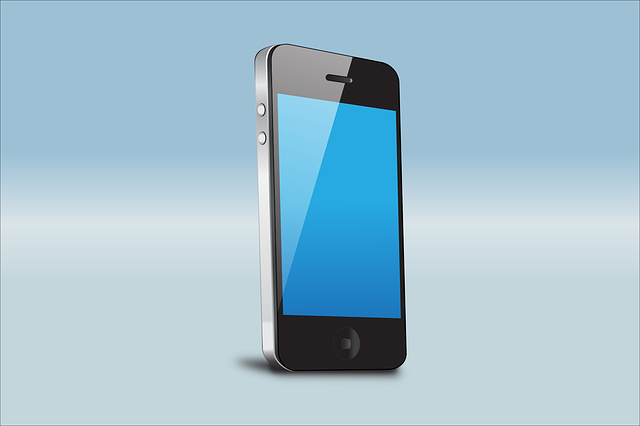Spam calls, or unsolicited marketing calls, are a widespread problem in Charleston, West Virginia, affecting both residents and businesses. These calls can be hard to block due to technological advancements and negatively impact mental health, productivity, and privacy. To combat these practices, state and federal laws have been implemented, with local regulations mirrored across the nation. Residents and businesses should consult a spam call attorney in West Virginia to ensure compliance with laws like the Telephone Consumer Protection Act (TCPA) and protect themselves from unwanted calls.
“Unveiling the Local Battle Against Spam Calls in Charleston, West Virginia: A Comprehensive Guide. With the relentless rise of unwanted telemarketing calls, often referred to as spam calls, consumers in Charleston face a persistent challenge. This article delves into the intricate web of regulations designed to combat this issue. We explore West Virginia’s legal framework, including state laws and the authority behind them, offering insights into protecting your rights as a Charleston resident. Furthermore, we illuminate the role a spam call attorney plays in navigating these complexities.”
Overview of Spam Calls and Their Impact
Spam calls, or unsolicited telephone marketing calls, have become a persistent issue for many individuals across the country, including those in Charleston, West Virginia. These automated or live-agent calls often promote various products, services, or even political campaigns and can be extremely frustrating for recipients. With the advancement of technology, spammers have found new ways to bypass traditional blocking methods, making it a continuous challenge for consumers. The impact of spam calls is significant; they not only disrupt daily routines but also contribute to a sense of privacy invasion and security concerns. Many West Virginia residents often feel powerless against these relentless calls, prompting them to seek assistance from a spam call attorney WV for effective solutions.
The constant barrage of unwanted calls can have severe consequences on mental health and productivity. Businesses, too, suffer as legitimate companies’ efforts to reach customers are overshadowed by these disruptive tactics. This has led to the implementation of various state and federal laws aimed at curbing the practice. Understanding the local legislative framework is crucial for both residents and businesses to protect themselves from spam calls and ensure compliance with the law.
– Definition and types of spam calls
Spam calls, also known as unsolicited or unshed invitations, are a common nuisance in today’s digital age. These calls can be categorized into several types, each with distinct characteristics. Robocalls, for instance, are automated phone calls that deliver pre-recorded messages and often target a large number of people simultaneously. They may advertise products, services, or even attempt to deceive recipients with false offers or threats. Another type is the live call, where a representative reaches out to promote or sell something, sometimes using high-pressure tactics.
In Charleston, West Virginia, as in many places across the nation, these spam calls have sparked concern among residents and business owners alike. This has led to the implementation of various laws and regulations aimed at protecting citizens from unwanted phone marketing practices. A spam call attorney in West Virginia can offer guidance on navigating this local legislative framework, ensuring businesses comply with the law while providing consumers with much-needed relief from intrusive calls.
– Prevalence and effects on consumers in Charleston, West Virginia
In Charleston, West Virginia, the issue of spam calls has become increasingly prevalent, affecting countless consumers on a daily basis. These unwanted telephone marketing calls, often promoting products or services, can be frustrating and intrusive, leading to a significant negative impact on individuals’ quality of life. Many residents find themselves deluged with calls from unknown sources, making it difficult to distinguish legitimate business inquiries from persistent and aggressive sales tactics. As a result, many consumers feel powerless against this modern-day nuisance.
The sheer volume of spam calls can lead to increased stress levels, wasted time, and even financial losses for those who fall victim to deceptive practices. A spam call attorney in West Virginia highlights that these calls not only disrupt personal and professional lives but also pose significant privacy concerns. With the ability to track and store consumer data, spammers can create targeted campaigns, making it harder for individuals to opt out or block these calls effectively. This persistent problem has prompted many Charleston residents to seek legal recourse and better understand their rights within the local legislative framework to combat spam calls.
West Virginia's Legal Framework Against Spam Calls
In West Virginia, the fight against spam calls is governed by a robust legal framework designed to protect residents from unwanted and fraudulent communications. The state’s laws are reflective of a broader national trend to combat the increasing nuisance of spam calls, with specific legislation targeting telemarketers and call centers engaging in deceptive practices. A spam call attorney in West Virginia plays a vital role in navigating this legislative landscape, ensuring that businesses and individuals comply with regulations such as the Telephone Consumer Protection Act (TCPA).
These laws provide residents with powerful tools to stop spam calls, including the right to file lawsuits for violations. The TCPA, in particular, restricts certain types of automated or prerecorded calls, requires consent for marketing calls, and mandates that businesses implement reasonable procedures to prevent accidental or unauthorized call discharges. Compliance with these regulations not only avoids legal repercussions but also fosters a fairer and more transparent communication environment for all West Virginia residents.






